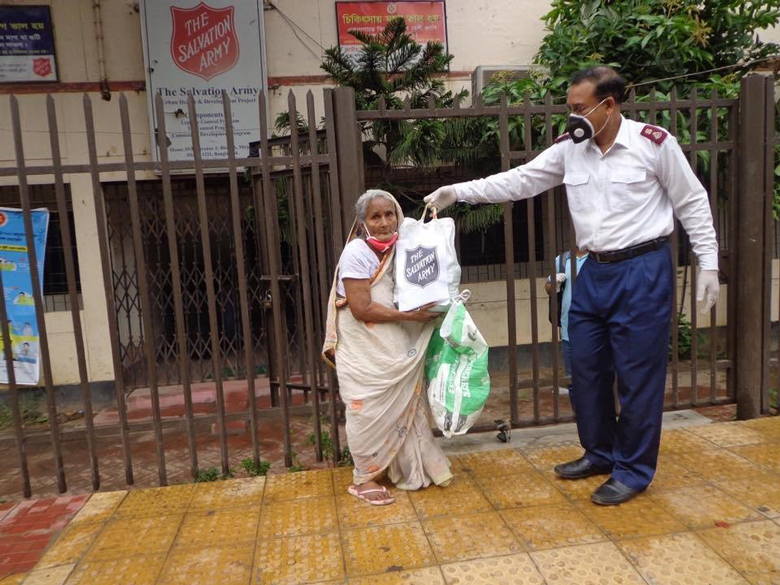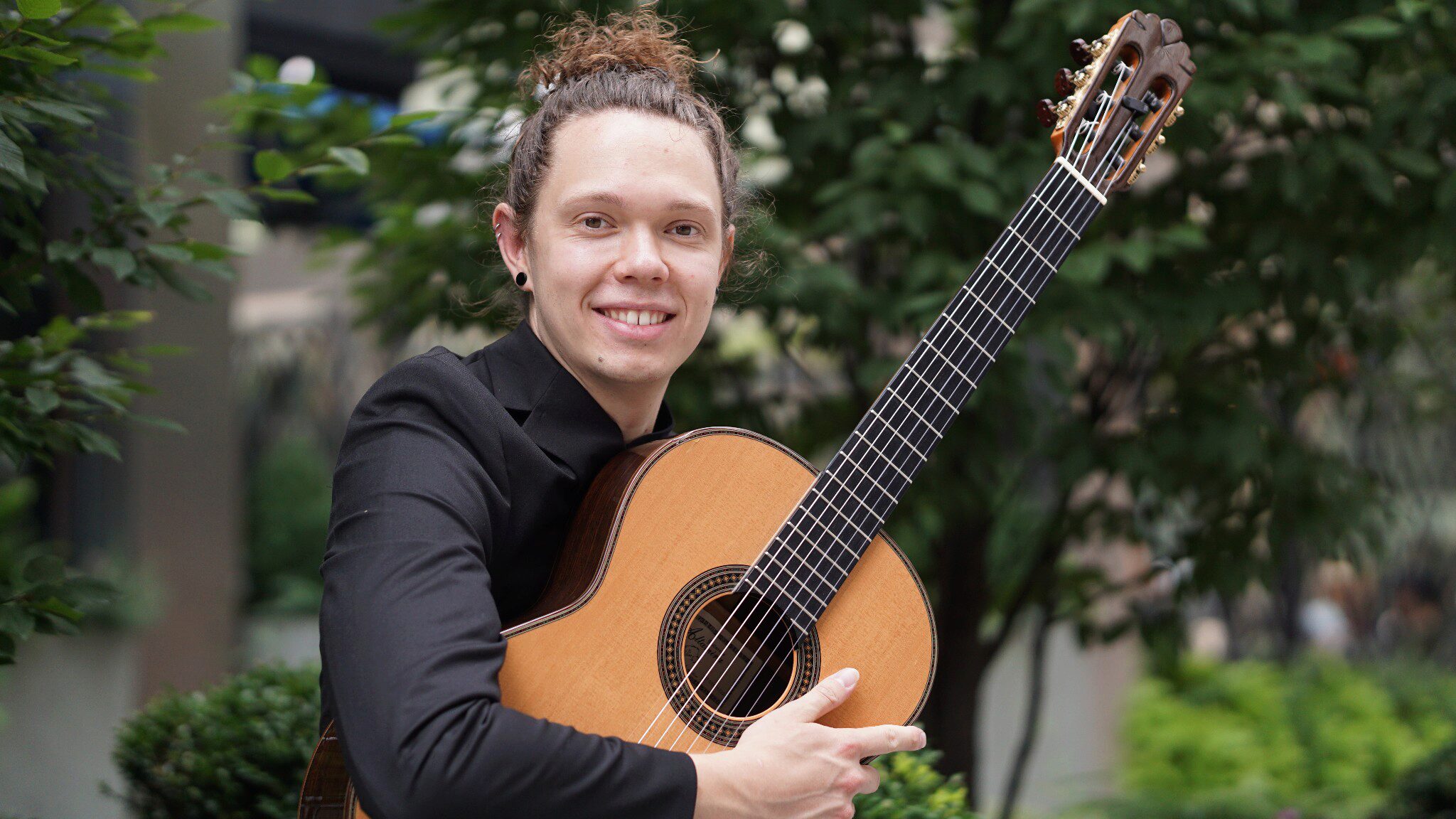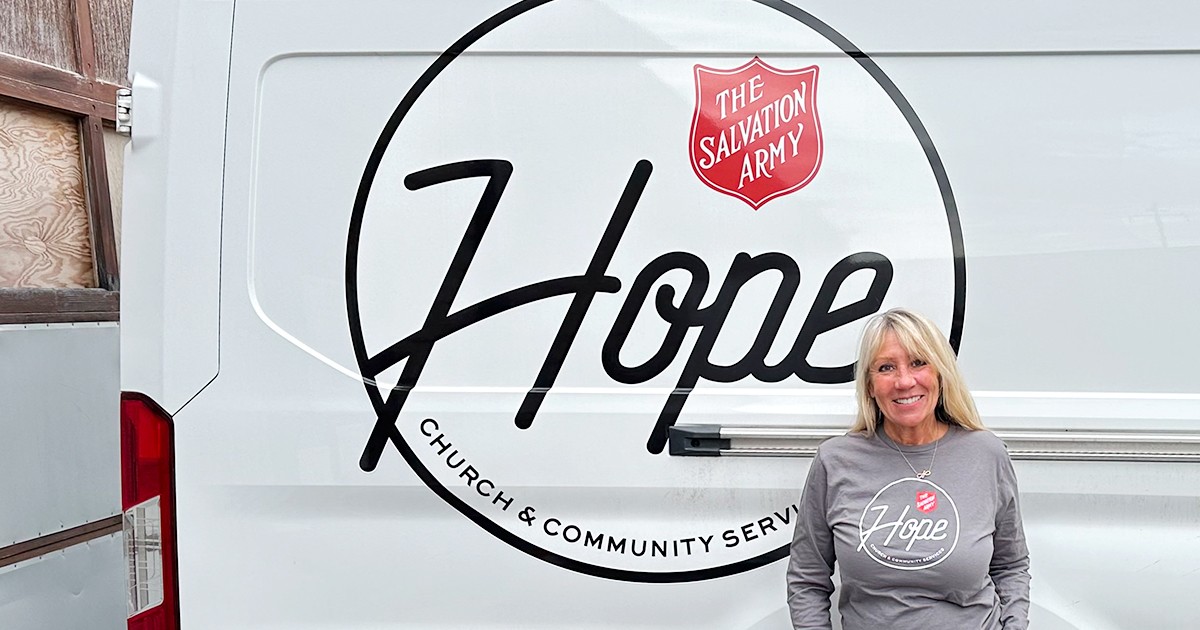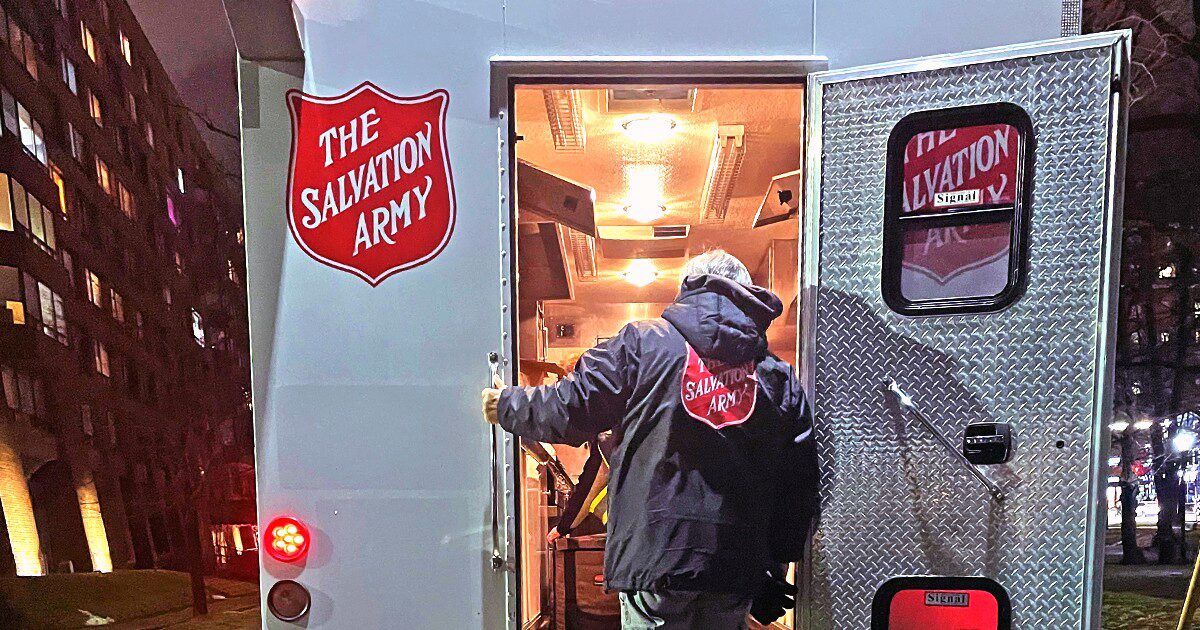(Above) The Salvation Army in Bangladesh is continuing to provide practical support during the COVID-19 pandemic
When it comes to COVID-19, Bangladesh is in an extremely vulnerable position. On a national level, it is one of the most densely populated countries in the world, with more than 160 million people living in a small area half the size of the United Kingdom. We have one of the lowest testing rates for the coronavirus and physical distancing is nearly impossible. In recent months, hundreds of thousands of migrant workers have returned to the country due to the global lockdown situation. Add to that a refugee camp for close to one million people, and it is easy to see why no one is quite sure of the precise extent of this devastating virus.
Here are five things I have learned about living away from my passport country during these turbulent times.
1. Being present with people is harder when it impacts your family.
I’ll start with my own struggles. Many of our friends have agonized over the difficult decision of whether to be evacuated by their embassy or to stay and work. Most have gone. Watching from our roof as the evacuation planes fly over your apartment block is not for the faint-hearted and brings feelings of confusion and self-doubt. I have questioned whether I am being a good father by keeping my children in a small apartment with no outdoor activities or walks, guiding distance-learning with minimal resources and increasing their uncertainty about when they will ever get to see their grandparents again. I understand why people are leaving and a big part of me wishes I could be home in the United Kingdom, finding some security in our National Health Service, but I believe The Salvation Army has an important role to play at this challenging time.
So, we stayed, helping to support the life-giving emergency relief projects and life-saving essential medical services here. Only time will tell whether it was a wise decision or not, but the act of being present with people is one thing we signed up for. It feels important to be journeying together with the people we serve alongside right now, but it is not without fluctuating emotions. We continue to pray that our faith remains stronger than our fears in the days ahead.
2. We’re not all in the same boat.
I’ve heard people say that this crisis makes us all equal. It does not. We are not. Yes, the virus is indiscriminate and yes, we are all facing the same storms, but this does not equate to a newfound global equality. We are not all in the same boat.
Even in Bangladesh, the coronavirus does not make things equal between its anxious citizens and residents. I can selfishly stock up on food and medicine for a few weeks, while most people earn a daily wage and live hand to mouth. I have ample space in my flat to isolate, while less than a few metres away, people are nervously cooped up together with anywhere from five to 10 people living in a one-room shack, sharing water and toilet facilities at risky public points. This crisis has also laid bare the poor state of health systems in some developing countries, where health insurance or state care are not even a remote possibility.
However, what has also emerged is the beautiful commonality of a wounded humanity in crisis. We all share kindness, strength and resilience as general societal and individual characteristics. We have seen this all over the world through this crisis. Kindness abounds when it comes to generously sharing with others, no matter where you live. Sometimes it takes a disaster to bring out the strength in people or a population. Resilience is found in the least likely of places, unexpectedly reminding us that we all have a lot to learn from those who constantly bounce back from setbacks and crises.
3. Fair trade is not necessarily fair during times of crisis.
We are all connected, not just by handshakes or door handles, but on a much bigger scale. In Bangladesh, we have seen the best and worst in people. The best comes through the big-hearted support given by government, charities, businesses, individuals and, for us, our supporting territories. We have been enormously inspired by the selfless Salvation Army officers, employees and volunteers in Bangladesh who, without any query or question, step up and step out to help the most vulnerable in their communities.
But it also difficult to watch as many of the companies we use back home simply cancel, put orders on hold or demand discounts, condemning millions of Bangladeshi garment workers to unemployment. I understand that business is business, but I can’t help thinking that good ethics and fair trade is easy when things are going well. As soon as something goes wrong, once again the problem is shifted down the line. Ultimately, it’s the poorest who are the most vulnerable and hardest hit.
4. Local solutions are possible.
With a global scramble for equipment, we are seeing local solutions emerge and the best of the creative and innovative Bangladeshi minds coming to the fore. In rural communities, the same inventiveness is on display when it comes to making your own soap or disinfectant and raising awareness. Bangladesh has a great history of implementing successful community-based programs in relation to family planning, tuberculosis, leprosy and childhood illnesses (which the Army has been part of), and we can see this shining through again.
The Salvation Army is present in communities and participates in the daily life of many of these innovative and creative approaches. It is resourceful and faithful people who inspire hope, that somehow manage to reassure us that everything might not turn out as bad as is being predicted. One leading executive director of a non-governmental organization puts it this way: “While I am worried, I also have endless faith in Bangladesh’s ability to rise in a moment of crisis. Even when outsiders see us as a basket case, we see an innovative path forward.”
5. We need to unlearn and learn new ways of doing things.
Our strategic plans, mission statements, budgets and logical frameworks for development projects don’t prepare us for disasters, shocks or viruses. They never have and never will. While the developed world is learning this more than ever right now, for most of the developing world, this is just the next in a long line of disasters and shocks. In the midst of COVID-19, Bangladesh is also preparing for dengue fever and monsoon season.
Recently, a friend spoke challenging words about how this is a time when, with space to reflect, we need to unlearn things. This is a sincere challenge for organizations as well as individuals. We can no longer continue with the way we used to do things, especially when that way largely benefits the agenda of the developed world. We need to find a new and more flexible way that reflects the realities of those living in poverty, regardless of which country you live in.
Captain Richard Bradbury is the general secretary of the Bangladesh Command.










Comment
On Wednesday, July 15, 2020, Mugisa Peter Rwolekya said:
Leave a Comment